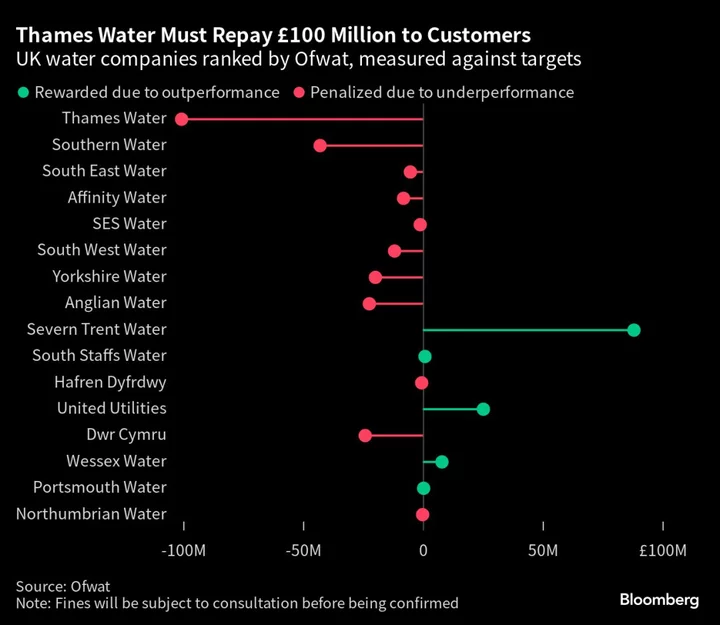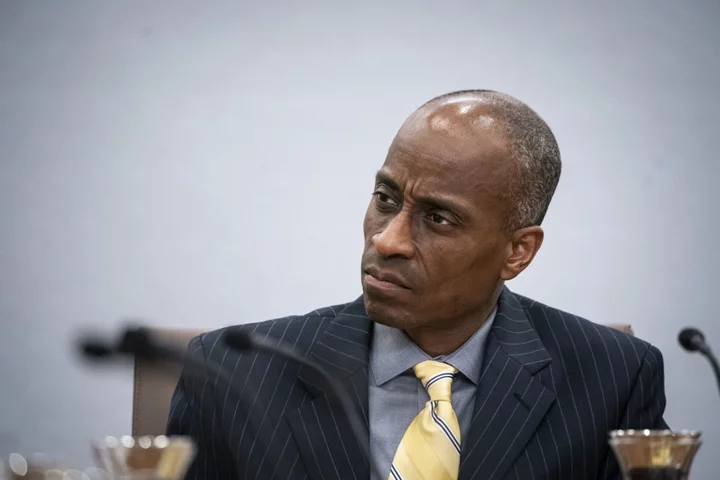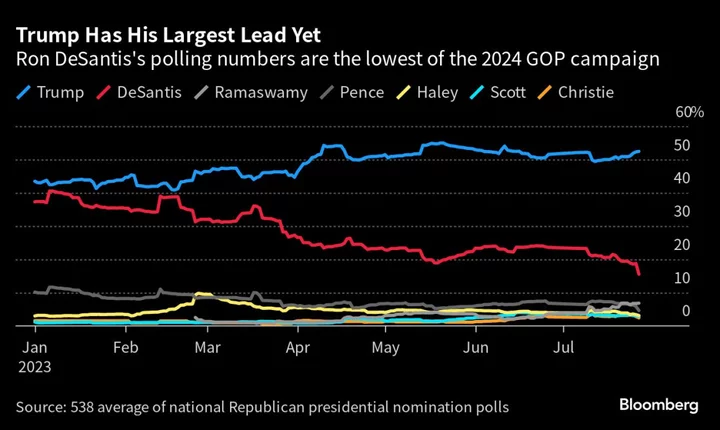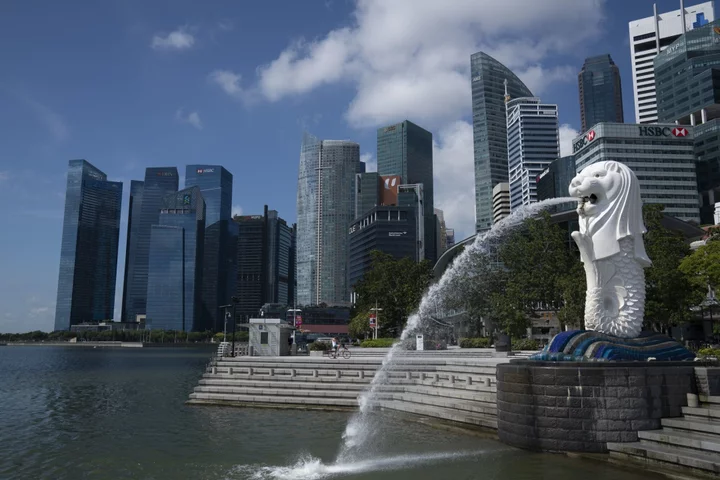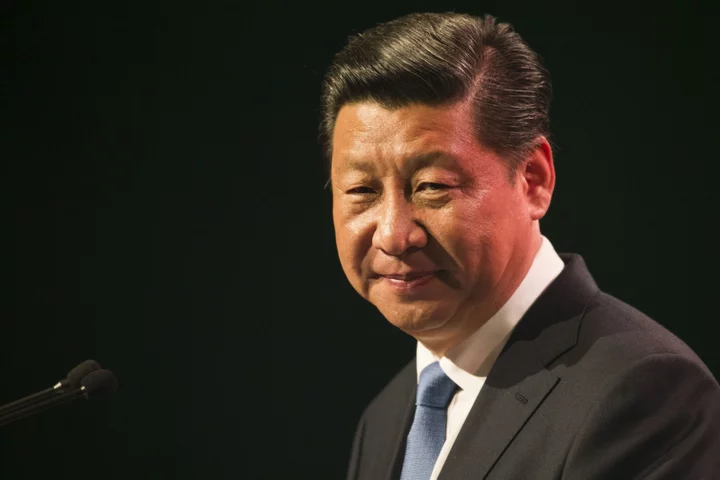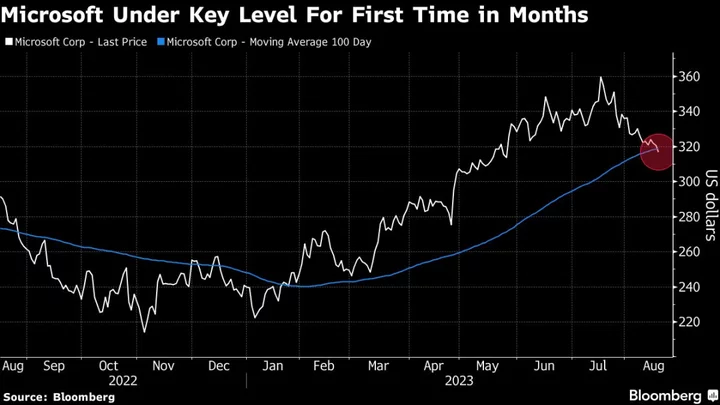Thames Water Ltd. was slapped with a penalty of over £100 million ($122 million) by regulator Ofwat, just as the beleaguered UK utility needs billions of pounds to repair its aging, leaky networks.
Thames and Southern Water Ltd. were the worst performers in Ofwat’s annual review for a third year, missing targets for leaks and sewage spills. The sector as a whole was instructed to return £114 million to customers, a sum that will be deducted from bills.
“It is not going to be easy for companies to regain public trust, but they have to start with better service for customers and the environment,” Ofwat Chief Executive Officer David Black said in the regulator’s annual assessment. “We will continue to use all our powers to ensure the sector delivers better value.”
Despite months of public anger over poor performance by suppliers, Ofwat said most hadn’t fully invested their 2020-2023 allowed funding for service improvements. The penalties announced Tuesday will be subject to consultation, before confirmation in November.
South East Water Ltd., Southern Water, Dŵr Cymru and United Utilities Group Plc all saw supply disruptions jump over the past financial year, Ofwat found. Most companies reported an annual increase in leaks, while Southern Water had three times as many pollution incidents as the sector average.
On performance as a whole, none were classified as “leading,” and a handful — including Thames, Southern and Dŵr Cymru — were “lagging” against targets.
The penalties will make it even harder for the firms to find the £56 billion the government says is needed to cut sewage pollution through to 2050. The companies must submit five-year investment plans to Ofwat by Oct. 2 showing how they’ll supply customers, tackle climate risks and stop effluent runoff.
Ofwat expects the spending proposals to be about 75% higher than the roughly £10 billion pounds a year seen in previous price reviews. Total investment in the 2025-30 period is likely to be about £89 billion, Chris Walters, a senior director at the regulator, said recently.
Read More: UK Water Bills Set to Jump as Companies Target 75% Spending Hike
The “large bulk” of additional investment will have to come from customer bills, David Henderson, CEO of industry body WaterUK, told lawmakers in June. But that won’t sit easily with consumers grappling with a cost-of-living crisis and frustrated with decades of underinvestment in crumbling infrastructure.
Turning to investors is proving just as difficult. Many water utilities are heavily indebted, forcing them to seek shareholder equity instead. In July, Thames Water investors agreed to put in £750 million to help stave off a temporary takeover by the government, but more money is needed down the line.
The penalties announced Tuesday are the first since Ofwat revealed new powers in March to stop dividend payments if companies fail to protect the environment. In July, legislation was introduced promising unlimited fines and speedier punishment for firms befouling UK rivers and seas.
Just a handful of suppliers, including Severn Trent Water Ltd., outperformed in certain areas in the latest review, so can increase their rates for next year.
(Updates with more affected companies in second and fifth paragraphs.)

